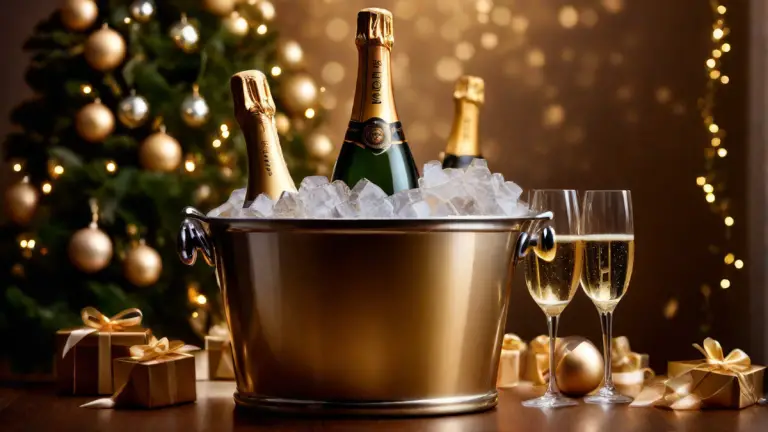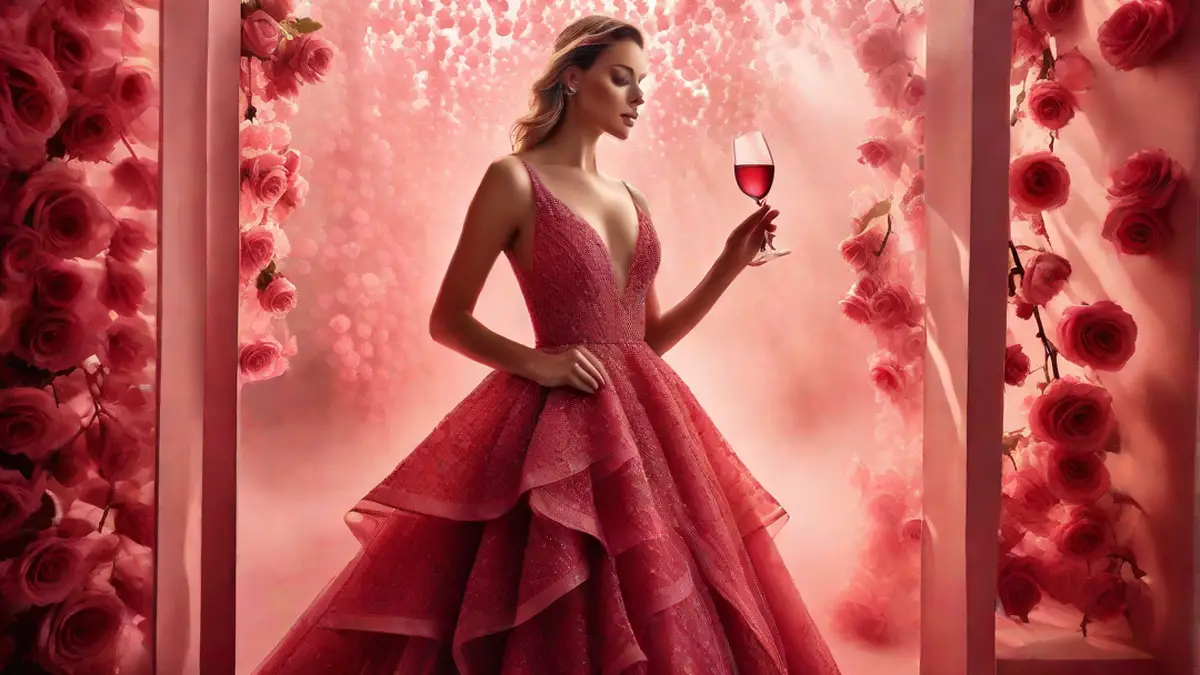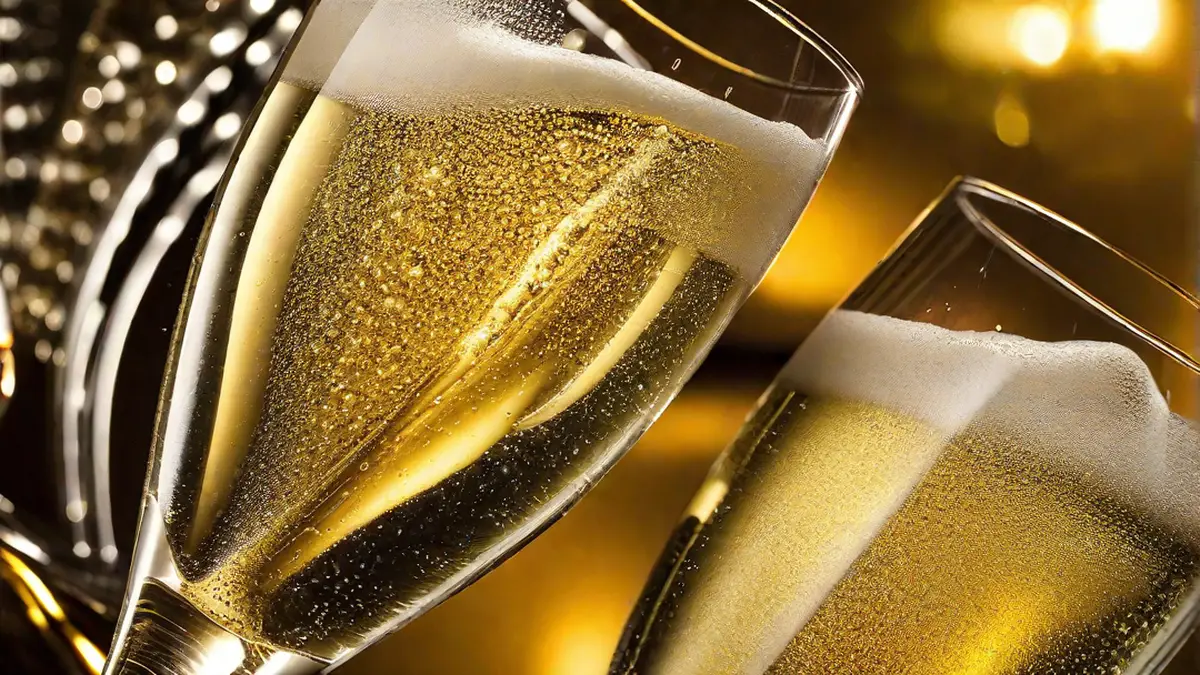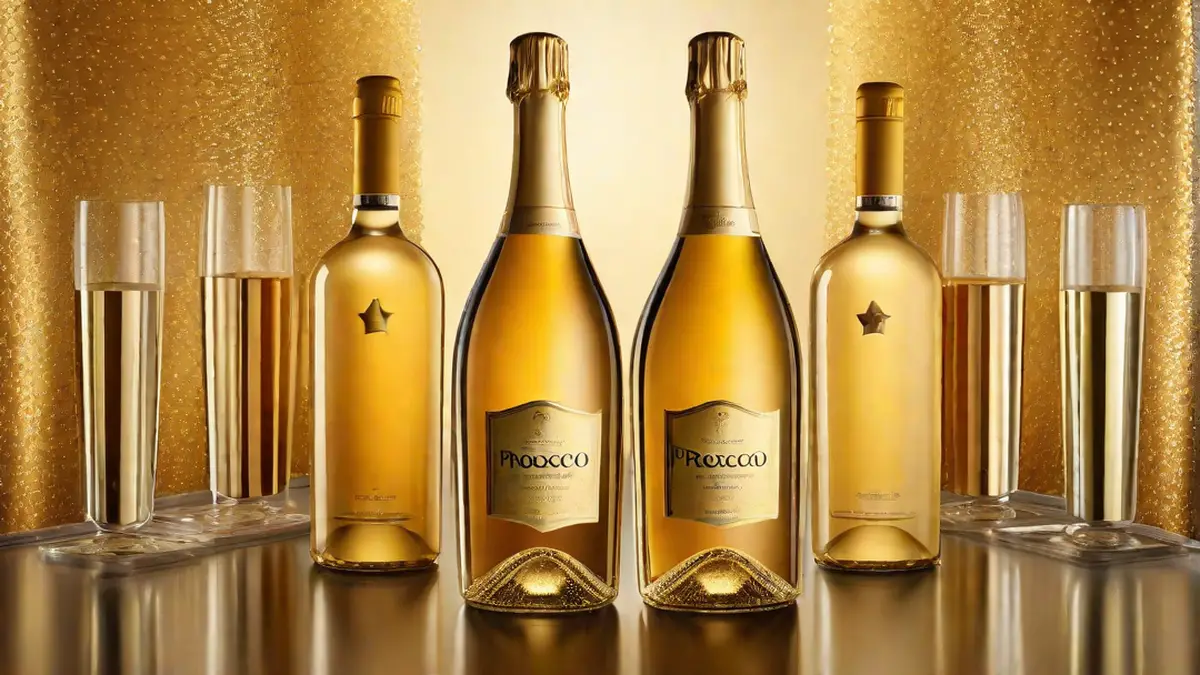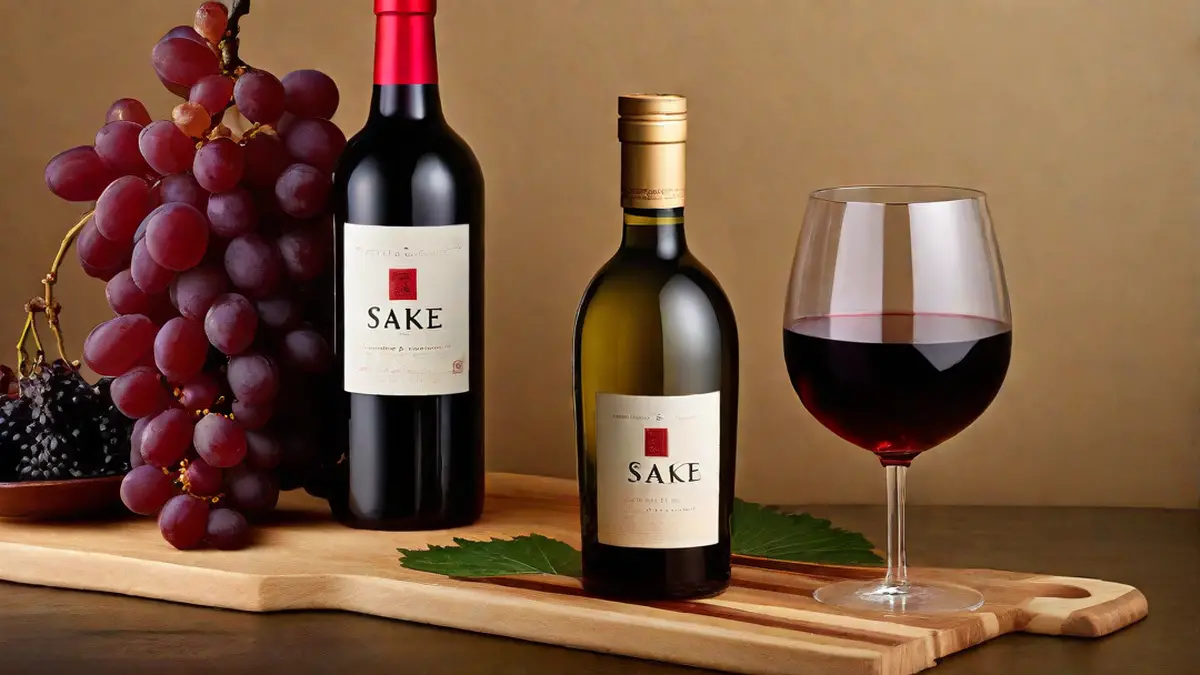As someone passionate about wine, I’ve always been fascinated by the longevity of an unopened champagne bottle. The complexity of this query surpasses initial assumptions. Being a refined and subtle beverage, champagne undergoes changes as it ages, with its capacity for aging dependent on various elements.
Understanding Champagne Aging
Champagne is unique in that it continues to age and develop flavors even while bottled. When stored properly, an unopened bottle of champagne can age gracefully for several years, sometimes even decades. The elements that contribute to champagne’s aging potential include the grape varietals used, the winemaking techniques, and the specific vintage of the champagne.
The Role of Grape Varietals
The traditional grape varietals used in champagne production are Chardonnay, Pinot Noir, and Pinot Meunier. Each varietal contributes different characteristics to the wine, and the blend of these grapes can impact how the champagne ages.
Winemaking Techniques
The methods used by the winemaker, such as the duration of aging on the lees, dosage, and bottle aging, also play a vital role in determining how long a bottle of champagne can last. Proper storage and aging on the lees can enhance complexity and depth, allowing the champagne to develop intriguing flavors over time.
Vintage Champagne
While non-vintage champagnes are crafted for immediate enjoyment, vintage champagnes are made from grapes harvested in a specific year, often indicating exceptional quality. These vintage champagnes typically have greater aging potential, and some can last for decades if stored in optimal conditions.
Factors Affecting Champagne Longevity
Several external factors can significantly impact the aging potential of champagne. Light, temperature, humidity, and storage position all play a role in maintaining the quality of the wine over time. A consistent, cool, and dark storage environment is ideal for preserving the integrity of champagne.
Conclusion
In conclusion, the aging potential of an unopened bottle of champagne is influenced by a combination of grape varietals, winemaking techniques, vintage, and storage conditions. While non-vintage champagnes are best enjoyed within a few years of release, vintage champagnes can evolve and improve with age when stored properly. If you have a special bottle of vintage champagne, consider aging it to experience the captivating transformation of flavors. Always keep in mind that proper storage is essential for maintaining the quality and longevity of champagne. Cheers to the timeless allure of champagne!
